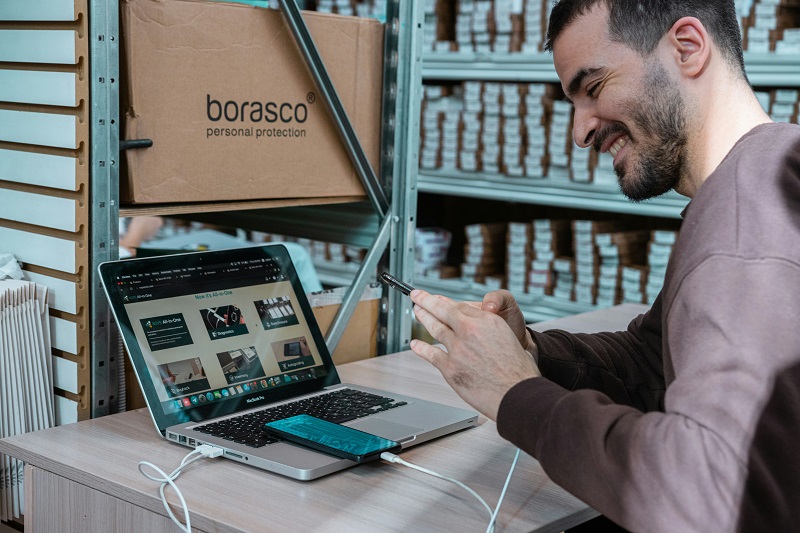
The modern iGaming market has benefited significantly from the rise of the smartphone, and it’s easy enough to understand why. Real money entertainment has historically been limited to one or two contexts – either heading to a physical bookies, or accessing a leading bookmaker or iGaming platform on a desktop computer or laptop.
The arrival of the smartphone brought with it a degree of accessibility and portability that has reconfigured the way people access real money experiences. But the existence of the smartphone and its inherent advantages for the sector is only part of the story. That’s because iGaming, which encapsulates the whole range of real money entertainment from online casinos to sports betting and daily fantasy sports, had to first build and refine its approach to this new context. Below we’re going to explore how it achieved this.
Diverse Promotional Methods
One of the biggest single differences between mobile iGaming and heading to a physical casino or bookies lies in the nature of digital platforms. A physical venue is constrained by many factors. Its size will dictate how many people can enter or access its services at one time. It’s also more likely that a physical venue will have a smaller and less changeable footfall, depending on where it is located.
Digital platforms, on the other hand, feasible permit access to anybody who is online at the time – from wherever they are. That opens up new horizons for promotion and growth. One of the most successful and distinctive parts of modern iGaming – epitomised by the online casino sector – is the commitment to diverse promotional offers.
Whereas a physical venue stands to benefit most from providing a limited selection of offers with a view to appeal to the widest possible selection of people, digital services can instead deliver up hundreds of bespoke deals for each user. That way, whether someone’s looking for a no deposit bonus on a digital table title, or a favourable welcome offer to a specialist casino, they can rest assured that on dedicated bonus platforms such as VegasSlotsOnline, they’re in with a good shout of finding what they’re looking for.
This ultimately benefits both parties, and encourages patrons to shop around for preferential deals, bolstering discoverability for up and coming providers.
Payment Processing

One of the single most impactful innovations the iGaming sector has contributed not just to the world of digital entertainments, but the internet at large, is the introduction of robust, private and flexible payment processing options.
Many people do not realise that it was largely by way of the efforts of the online casino market in the 1990s that our modern approach to digital payment processing took shape. Fast forward to today and that legacy is paying dividends.
Nowadays, real money entertainment platforms are home to some of the most innovative and welcoming payment processing methods you’ll find anywhere online. With coverage for fintech accounts, virtual cards and crypto wallets widespread across the market. There’s sound logic for this, given that the sector is built upon making the processing of depositing and withdrawing money as seamless and low friction as possible.
Pivot to Mobile
For much of the sector’s history, the form factor common to PCs and laptops was the de facto way patrons would see, access and interact with an iGaming service’s offerings, but this is all now rapidly changing.
Today, rather, it is the smartphone layout that is increasingly coming to predominate in the market and this comes with unique challenges. After all, whereas PC displays are normally viewed in landscape orientation, with mouse and keyboard as inputs – on smartphones it’s all vertical displays and touch inputs.
That has made the process of optimising for these new layouts crucial, and the sector has embraced the challenge with fervour. Now, new products and games are increasingly being built from the ground up to work primarily in this new layout as the demographics of iGaming users shifts ever more towards those accessing on mobile.
There’s no small element of future proofing in this pivot either. The past ten years saw the number of people now online rise to 5 billion, the majority of whom were only able to do so thanks to cellular connections and low-cost smartphones. The next ten years will see a further 1 billion new users join them, and the iGaming sector – like virtually every other modern business – is committed to being ready to receive them.










